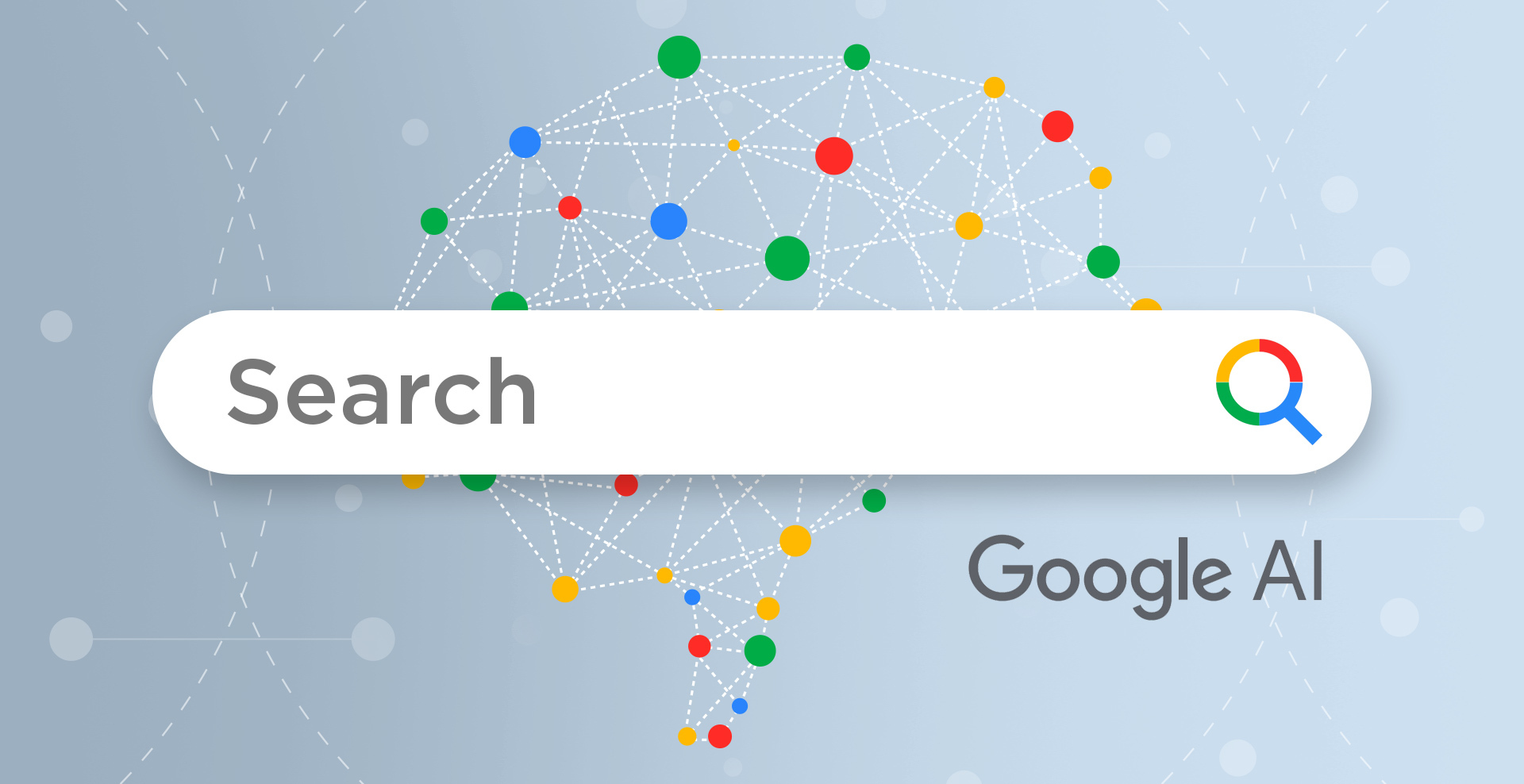AI Is Changing the Way People Search — What This Means for Small Business Marketing

Artificial intelligence isn’t just a buzzword anymore — it’s rapidly changing the way people interact with the internet. From voice assistants like Siri and Alexa to conversational tools like ChatGPT, the way we search for information is becoming more natural, more personalised, and more immediate.
For small businesses, this shift has big implications. Traditional approaches to SEO, Google Ads, and social media marketing are being challenged by new behaviours and new technologies. Understanding how AI is changing the game can help you stay visible, relevant, and competitive in a fast-evolving digital landscape.
1. Search Is Becoming More Conversational
Thanks to tools like ChatGPT, people are asking more detailed, natural-language questions. Instead of searching “plumber Cairns,” they might ask, “Who’s the best plumber in Cairns for emergency weekend repairs?” AI tools are getting better at understanding the intent behind these questions — and users are expecting more useful, relevant answers in return.
What this means for SEO:
Businesses need to optimise for real-world questions, not just keywords. That includes adding detailed FAQs, using conversational language on service pages, and focusing on clear, helpful content that answers user intent. Structured data and schema markup are also becoming more important to help AI tools understand your site.
2. Local and Personalised Results Are the Norm
AI-enhanced search is prioritising relevance — not just in terms of keywords, but based on context, location, history, and even preferences. Whether someone is searching from a phone, via voice, or inside a chatbot, they’re likely to get results tailored specifically to them.
What this means for Google Ads:
Paid search campaigns need to get smarter and more granular. Broad targeting isn’t enough. You’ll get better results from localised, highly relevant ad copy, smart bidding strategies, and audience segmentation that aligns with search intent. Dynamic ads and responsive search ads are also essential in this AI-first environment.
3. Content Quality Matters More Than Ever
AI search tools aren’t just looking at keyword density — they’re assessing whether your content is useful, trustworthy, and well-written. AI-powered search models prioritise content that’s clear, authoritative, and genuinely answers the user’s question.
What this means for content and social media:
Forget filler posts or thin content. Focus on creating original, helpful material that reflects your expertise and connects with your audience’s needs. Whether it's blog articles, service pages, or social content, aim to provide real value. Visual content like explainer videos or simple how-to guides can also help boost engagement and search visibility.
4. Speed and Experience Still Count
AI can deliver results in seconds, but your website still needs to keep up. If your site is slow, confusing, or hard to navigate, users will bounce — and search engines will notice.
What this means for your digital strategy:
Performance and user experience are still critical. Make sure your site is fast, mobile-friendly, and easy to navigate. Use tools like Google Search Console and PageSpeed Insights to stay on top of performance issues.
Final Thoughts
The rise of AI isn’t about replacing traditional marketing — it’s about evolving with it. Search, ads, and content are still essential pillars of any digital strategy. But small businesses need to adapt how they approach these tools to keep pace with how people are searching and interacting online.
If you want to stay ahead of the curve, focus on understanding your audience’s intent, delivering high-quality content, and embracing the tools that help you respond faster and smarter.
Need help navigating the shift to AI-enhanced search and marketing? Get in touch for a tailored strategy that aligns with where digital is heading — not where it used to be.




